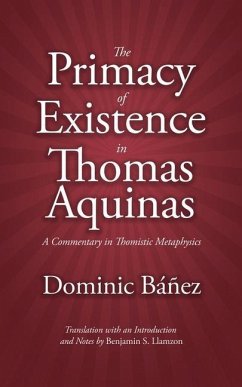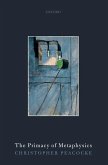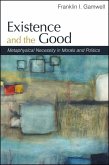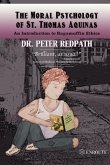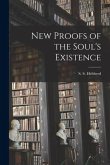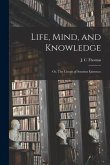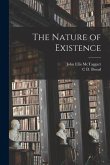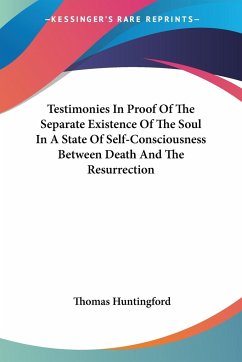Back in print after nearly six decades! "In the metaphysical treatise translated here, we see an effort in the late sixteenth century to pit an esse metaphysics against an essence metaphysics, which even then had overwhelming historical forces on its side. A long line of schoolmen had prepared the way for Suarez. Duns Scotus' understanding of being in terms of forms loomed large in Suarez' mind. Before Scotus, the controversy between Giles of Rome and Henry of Ghent gave birth to what Fabro has called "bastard expressions in Thomism," esse essentiae and esse existentiae. As though the mere coupling of the words were not ghastly enough, the expressions solidified into stock phrases of metaphycial discourse and remained in general use for an unbelieveably long time. As this essentialistic account of being shaped itself into a tradition, Aquinas' understanding of being as the first and fundamental act by which every other metaphysical principle is made real was forgotten. At best, existence was taken for the bare fact, the being-there, the state of actual essence as distinguished from the state of possible essence through the intervention of efficient causality. At worst, existence was tolerated as a troublesome intruder which nevertheless had to be shown in, assigned a place, and then quickly "reduced" to the status of essences. Nor is that view any happier which would avoid these extremes by holding a parity between essence and esse or would understand an esse metaphysics as an "inverted essentialism." Philosophical reflection which is riveted upon the act of being eventually grasps epistemology, philosophy of man, ethics, etc., from a perspective irreducibly different in method from that of a system centered on the limits and kinds of being as first principles. -From the Introduction by Benjamin S. Llamzon
Hinweis: Dieser Artikel kann nur an eine deutsche Lieferadresse ausgeliefert werden.
Hinweis: Dieser Artikel kann nur an eine deutsche Lieferadresse ausgeliefert werden.

